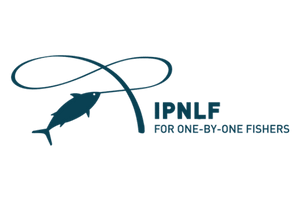The International Pole and Line Foundation (IPNLF) is an international non-profit organization dedicated to supporting responsible and sustainable fishing practices, specifically focusing on pole-and-line, handline, and troll tuna fisheries. Founded with a mission to promote fisheries that minimize environmental impact and support coastal communities, IPNLF advocates for these methods within global and regional fisheries governance frameworks. Their lobbying activities primarily target the EU’s Common Fisheries Policy and related sustainability regulations, aiming to influence policies that favor small-scale, selective tuna fishing techniques over large-scale industrial methods known for bycatch and environmental harm.
IPNLF operates through campaigns, engagement with EU advisory councils, participation in multilateral fisheries organizations, and social media outreach. They are active stakeholders in international fisheries dialogues such as the International Commission for the Conservation of Atlantic Tunas (ICCAT), the Western & Central Pacific Fisheries Commission (WCPFC), the Indian Ocean Tuna Commission (IOTC), and have observer status at the Inter-American Tropical Tuna Commission (IATTC). Through these platforms, IPNLF seeks to shape sustainable fisheries management and promote transparency and traceability in seafood supply chains.
The organization networks closely with several partners and members, including the Global Dialogue on Seafood Traceability (GDST), the United Nations Conference on Trade and Development (UNCTAD), Breaking Free From Plastics, and various UNFAO initiatives aligned with sustainable development and biodiversity. These affiliations help amplify their lobbying influence within both EU institutions and international governance bodies.
IPNLF’s EU presence includes an office in Amsterdam, Netherlands, complementing its UK head office in Oxford, reflecting its cross-border engagement focus. Their participation in the EU Transparency Register ensures public accountability, detailing their lobbying expenditures, people involved, and meetings with EU officials. The foundation reports modest lobbying budgets without EU institution grants but does receive funds from other EU-based organizations.
Overall, IPNLF exemplifies a specialized lobbying group advocating for sustainable fisheries aligned with environmental conservation, social responsibility, and community welfare through both grassroots and high-level policy interventions within the EU and globally.


